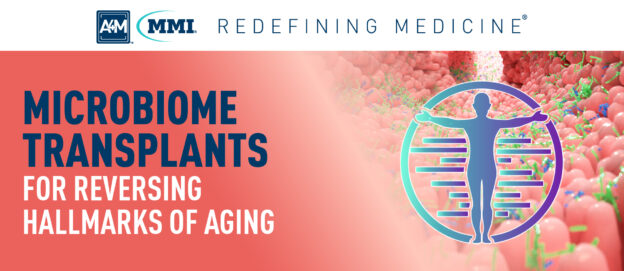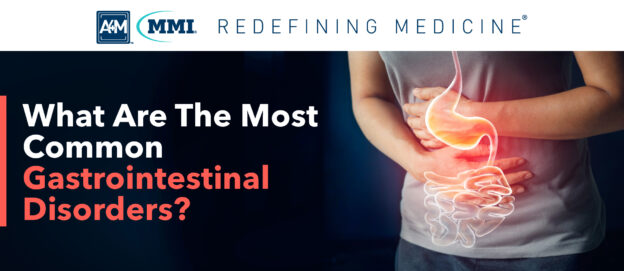The gastrointestinal tract contains trillions of microbes – collectively known as the gut microbiota – that play essential roles in physiology and health. More recently, the scientific community has begun paying more attention to the human gut as a complex ecosystem of bacteria, archaea, eukaryotes, and viruses with robust connections to the rest of the body.
Microbes that comprise the gut microbiome can weigh up to 2 kg and are imperative to host digestion, metabolic function, and resistance to infection. The human gut microbiota has an enormous metabolic capacity, with over 1000 different unique bacterial species and over 3 million unique genes. Yet current science has only just begun to unravel how these microbes affect overall human health.
While dietary patterns are well known to modulate gut microbiota composition, recent studies suggest that another lifestyle factor can alter gut microbial communities as well: physical activity.
Could exercise be the secret to a healthy gut microbiome?



